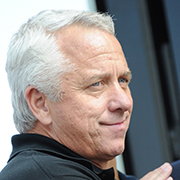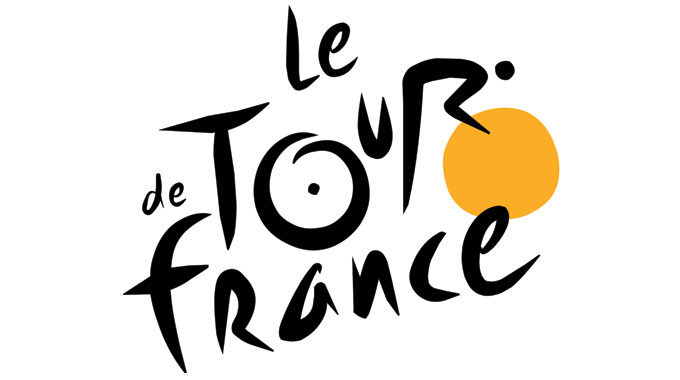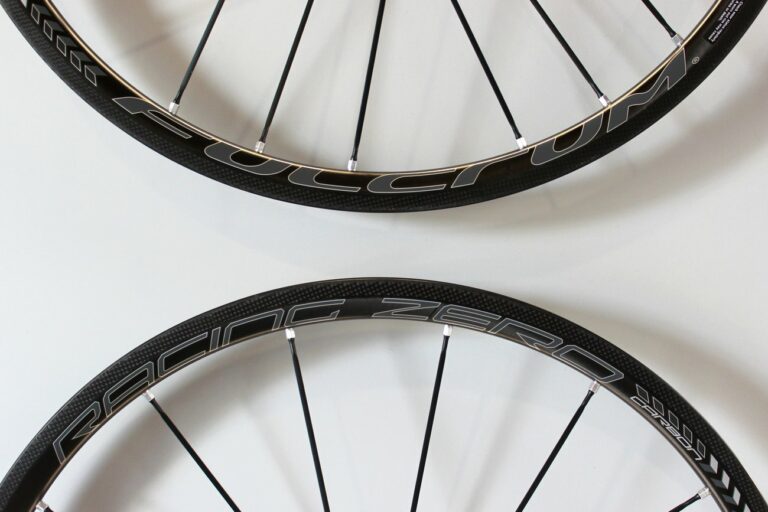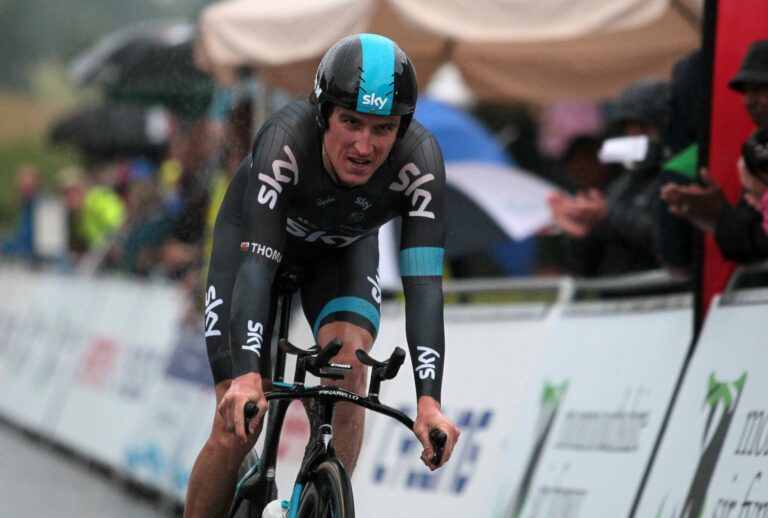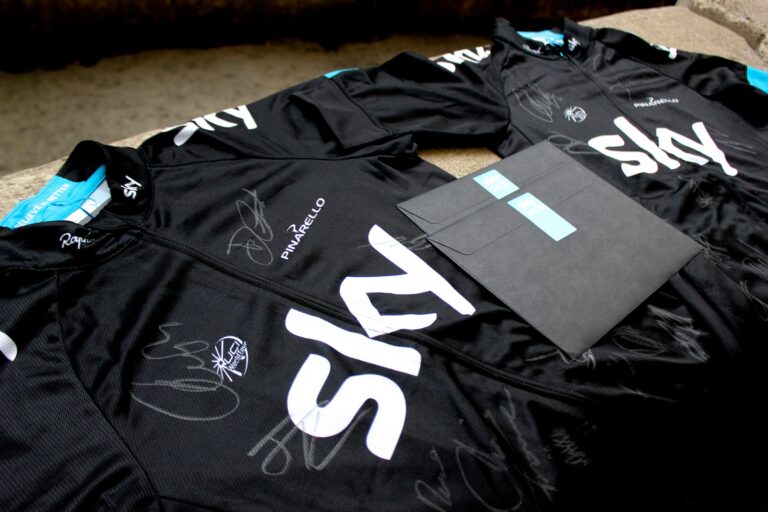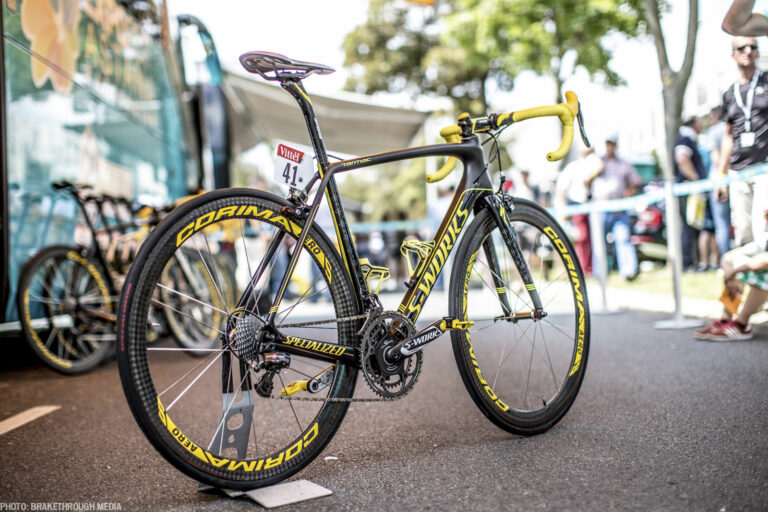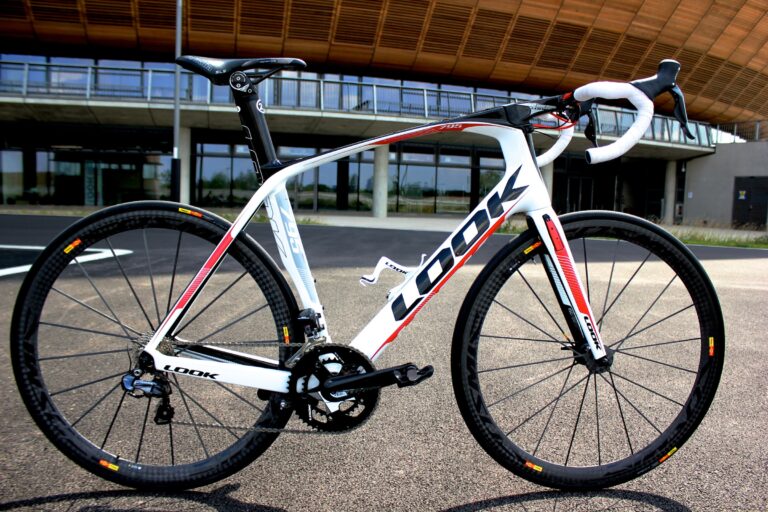Greg LeMond knows a thing or two about the Tour de France.
A three-time champion, having started the race on eight occasions, the American is as synonymous with the race as the likes of Eddy Merckx, Miguel Indurain and former team-mate Bernard Hinault.
His 1986 win, alongside Hinault, was the first by an American in the Tour’s history, while his comeback triumph three years later – snatching victory by the narrowest ever margin on the final time trial – remains among the Tour’s most famous.
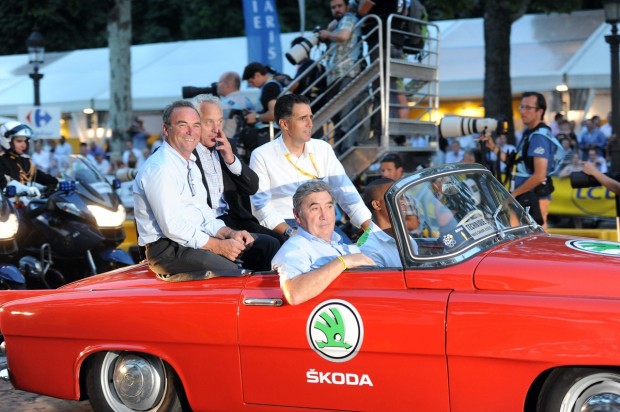
And speaking to RCUK in Leeds, ahead of the Grand Depart on Saturday July 5, his passion for the Tour – and cycling as a whole – remains unhindered.
“It is everything thrown together – the spectacle, the racing, the summer,” he said of the Tour. “So many other races are like training races in a way.
“If you’re not on top form at the Giro d’Italia you might race it knowing that’s in preparation for the Tour. You don’t go to the Tour for any other reason. This is it.
“All the best riders are here, well in normal years – there are, of course, a couple missing this year.
The Tour is everything thrown together – the spectacle, the racing, the summer
“Paris-Roubaix has that feeling, Tour of Flanders, World Championships – at least for me, and I know a lot of other riders feel the same too.
“They have this importance that is beyond anything, and the Tour is one of those.”
LeMond’s three victories were all very different from one another – the domination of he and La Vie Claire team-mate Bernard Hinault in 1986, the dramatically phenomenal time trial three years later, and his defence in 1990.
But LeMond insists each was built around the same key ingredients for success – a formula which remains even now.
Winning the Tour
“To win the Tour it takes physical talent,” he explained. “You have to have the genetics. But talent alone isn’t going to be enough. People can max really high but that will only get you so far.
“If you have incredible motivation, driven to the point of it almost being the only thing you’re going to do in your life – even now, I look back and I don’t know how I did it.
“But it’s great to be talented, focussed – it’s always a new race and there are always new challenges.
“To win the Tour de France in recent years, it has been focussed on the lighter riders, the climbers, and maybe the time trials aren’t long enough or hard enough.
You have to climb, you have to be a good time triallist, but most importantly you have got to be there at the front every single day
“It would have been unusual in the past for climbers to dominate the Tour but it seems that’s what is really favoured now – I’ve never seen climbers so light in my life.
“It’s kind of thrown things off a little bit. You used to get a really good time triallist, who could climb and was not disadvantaged alongside the best climbers – but what remains is that you have to be there at the front every single day.
“You have to climb, you have to be a good time triallist, but most importantly you’ve got to be there at the front every single day. You’ve got to have good strategy, good tactics and normally a good team – though teams, you can get by if you’re really strong.
“But I always say, you get your one-day Classics where maybe 20 guys will be in contention, then your week-long races where five to ten guys could win. But when you get down to the Tour you get two or three. It’s distinct.
“Those last ten days, last week make a difference. It’s not that the winner will be going faster in those final days, he will just not be going down as much physically.”
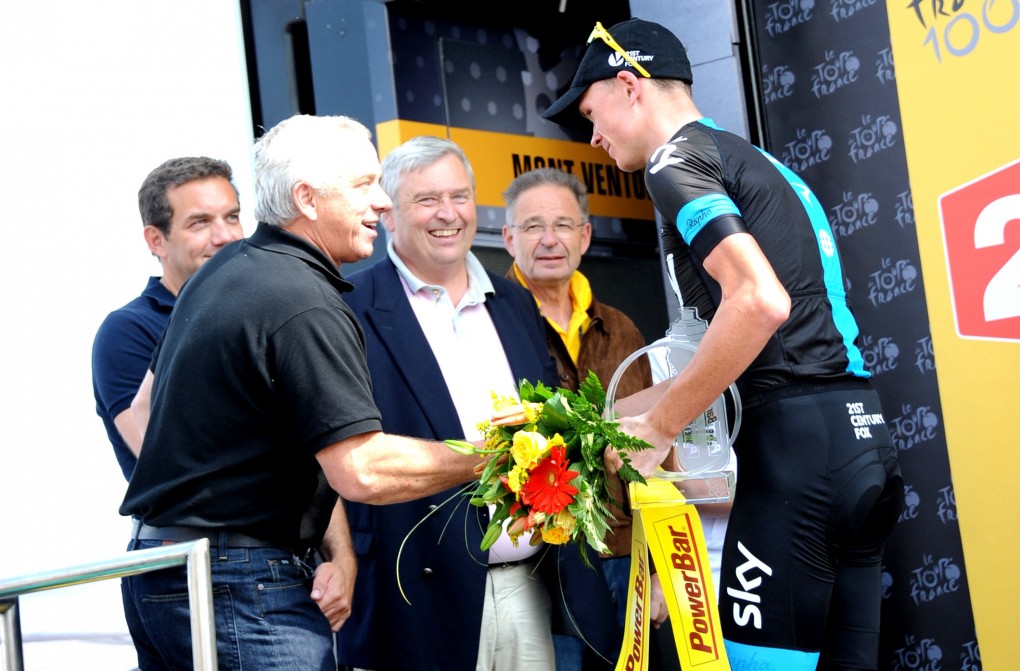
During his own career, those two or three were first LeMond and Hinault, and later Stephen Roche and Pedro Delgado when Le Blaireau had retired.
And reflecting on his successes, LeMond admits each victory carried a very different value to him on a personal level.
He said: “The one that means the most is, of course, 1989. Athletically though, it was 1986. It was my best Tour, for sure. Up until the Tour in 1986 I don’t remember much of a bad moment.
“I had three months out after the Vuelta once but three months in six years is not bad. Athletically I was there. Then I had my hunting accident in 1987, and I maybe only had four months where I felt good in the next six or seven years.
The win that means the most is, of course, 1989. Athletically though, it was 1986. Each one had its own value
“It’s weird. Each one had its own value. In 1986, it was athletic, in 1989 it was joy and in 1990 it was a team victory. I had a great sponsor, great team-mates and it was my first Tour where I had a team racing for me.
“I wonder what it would have been like to have raced with a team in the previous two wins. I had a little window there. It felt great, and it was definitely the best party at the end of the race!”
The contenders
This year, of course, the two chief contenders are Chris Froome (Team Sky) and Alberto Contador (Tinkoff-Saxo), with LeMond plumping for the Kenyan-born Brit.
And, while he admits he is hopeful of success for his fellow Americans, he believes only illness or misfortune will stop Froome and Contador occupying the top two spots come the final Paris podium.
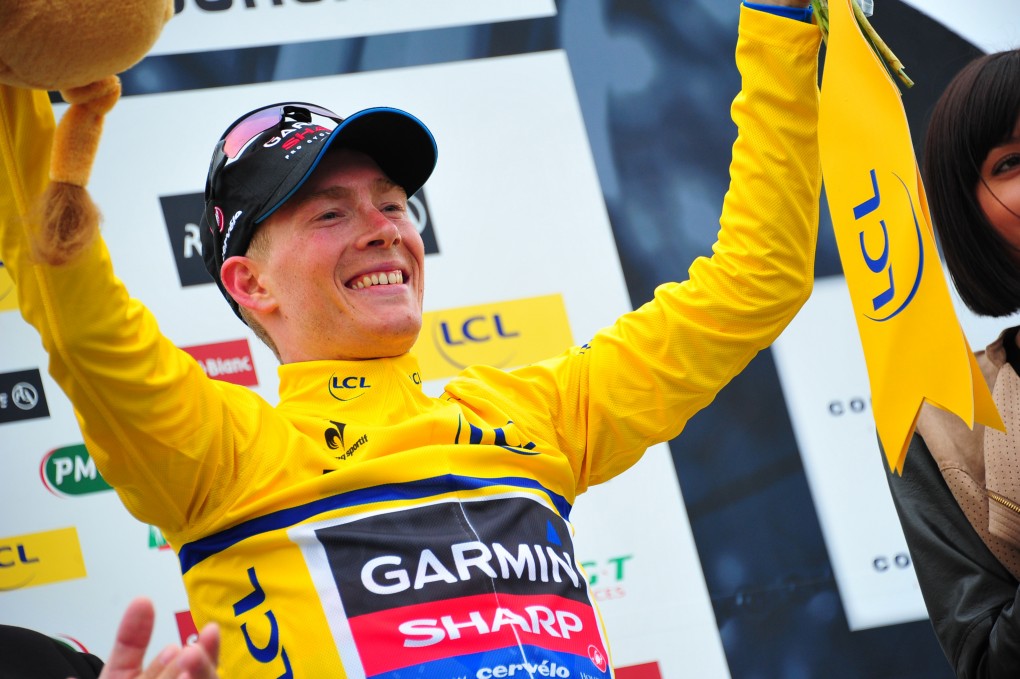
He said: “God, I would love the Americans to do well – Tejay van Garderen and Andrew Talansky. I met Andrew Talansky last year and I think to win the Dauphine is incredible.
“Both of those guys are top ten Tour contenders. But I just think Contador and Chris Froome – unless one of them gets sick and one of them has a bad day, it will be contested between those two.
“Alejandro Valverde, Vincenzo Nibali – they are good riders though, and it can happen. Two guys don’t have a great Tour, one crashes – it totally opens the race. I think it’s what happened in 1984. It can happen, it’s rare though.”
And not even Froome’s crash at the Criterium du Dauphine, LeMond believes, will be enough to stop the defending champion.
Chris Froome might be shocked he wasn’t able to maintain his levels after his crash. And that could be good for him
By contrast, he even feels it could be of benefit to Froome, sharpening him up and preventing any complacency from slipping in at the Tour.
“I don’t buy the crashing,” he said. “I crashed, when you’re a cyclist you crash and it doesn’t affect you.
“I would say for Chris, it might have affected his performance a little bit but he might be shocked he wasn’t able to maintain his levels. And that could be good for him.
“I think, maybe, getting a little bit of confidence that you’re stronger than you are you might lead you to get over confident. He might now race a little more tactically or a little conservatively. It could be a timely reminder.
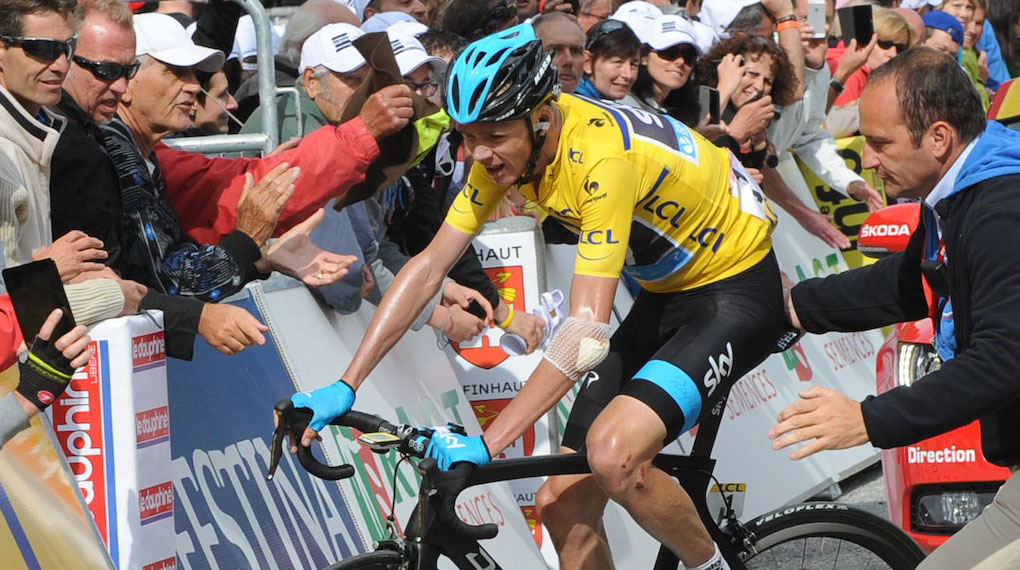
“It could be better for him. I do think that you can’t really judge who will win the Tour based on the Giro or the Dauphine though. In four weeks, there’s a lot of over-training and preparation.
“Peaking is about over training, over-building then having that bit of recovery and finding your best form by July.”
This year’s route
Best form, however, will be an essential given the surprisingly tough nature of the first week – not least the hilly stage from York to Sheffield and the cobbled stage five.
In Yorkshire ahead of Grand Depart, where he will be on co-commentary duty for Eurosport, the American is relishing the Tour – believing the route will make for a spectacular race.
Hopefully it will be Mark Cavendish in the yellow jersey on stage one. He is a great for personality for cycling and he’s had a great career
“I saw some of the stage into Sheffield, with the Cote de Holme Moss – that’s a nice looking climb,” he said.
“Actually I think it will be a very exciting start. Stage one will have its challenges, but it won’t really be challenging to the best. Any crashes will be because it’s nervous and there’s going to be a fight for who will be in yellow.
“That will be exciting for spectators, for everybody. I would say it is going to be a sprinter and hopefully it will be Mark Cavendish. He is a great personality for cycling and he’s had a great career. Being in England it’s got to mean a lot.
“Stage two, with Holme Moss – it’s quite a spectacular climb and the countryside is phenomenal. That’s going to be an intense race on small roads.
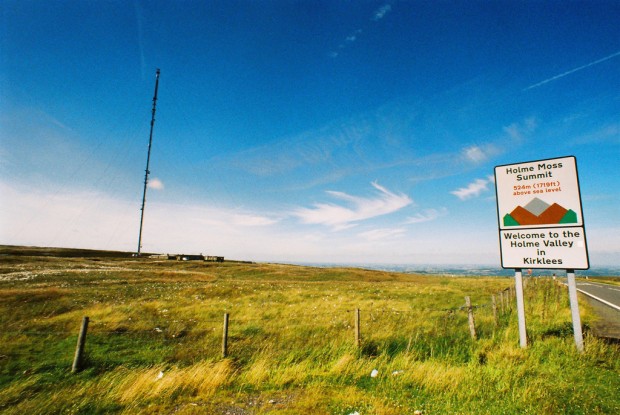
“Usually, when riders are anticipating it, it turns out to be not as hard as it appears. I think it’s the climbs that are a surprise, the ones people don’t talk about, that can be the real challenges.
“But I do think it’s one of the more challenging stages to have featured in the Tour de France in the first few stages.”
He added: “The whole start though, up until the first summit finish in the Vosges, La Planche des Belles Filles, it is going to be a dynamic race.
“I love the cobblestones on stage five – the Tour has never done cobblestones like it. I did a few cobbled stages and it was just fluff. This one is real.
I love the cobblestones on stage five. I did a few cobbled stages and it was just fluff. This one is real
“It’s almost one of the big unknowns as to what’s going to happen. Paris-Roubaix is a very specific race, requiring a very specific skillset and preparation. There will be a lot of hopes lost that day – I love it though! I love the diversity of the race this year.”
So how would a multiple former champion approach such a varied parcours?
Bernard Hinault told RCUK earlier in the year he would have attacked his rivals in Yorkshire to get on to the front foot from the very off.
And as a man very familiar with the Badger’s aggressive riding style, LeMond admits he is expecting exactly the same from Froome this year.
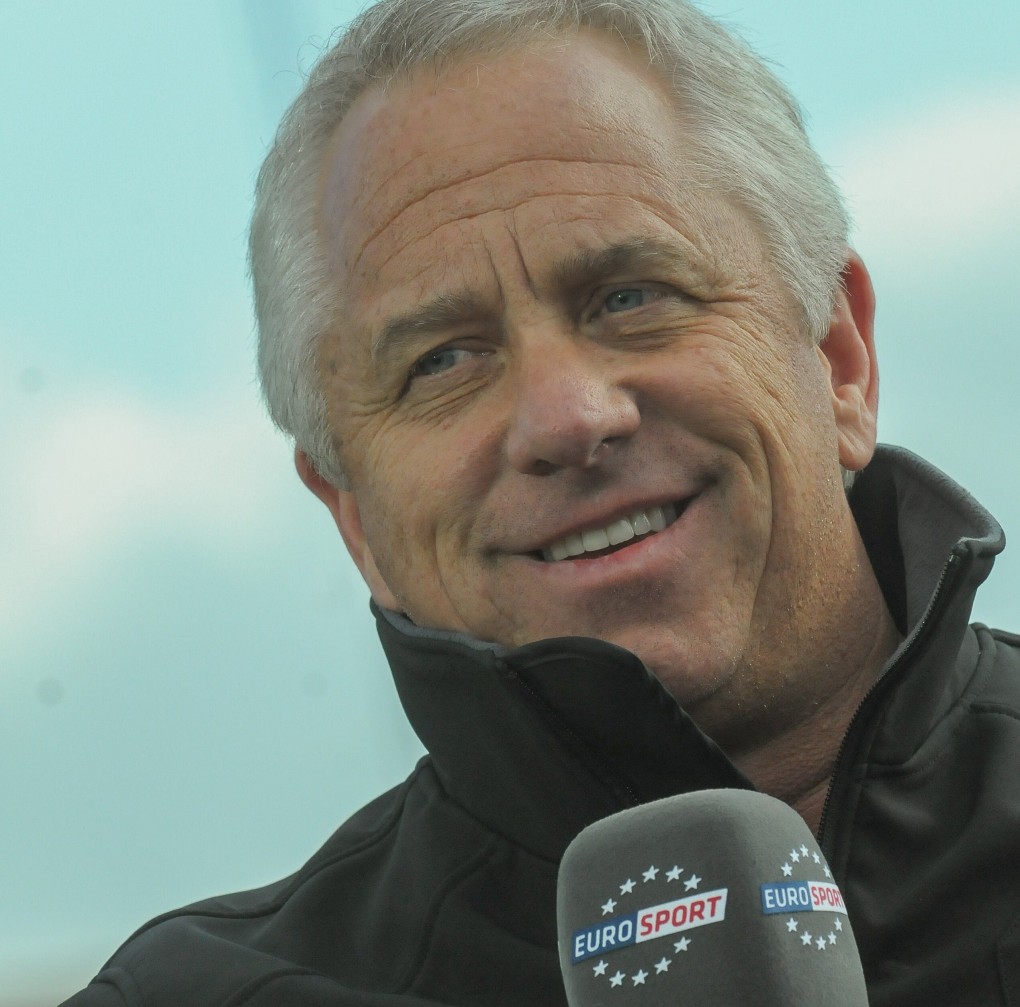
“I would say the second stage, that [attacking] is what Chris Froome could do,” he said. “How he started the Dauphine was very dynamic. If you look at it, that could be where he makes a move though pre-announcing it is not going to work.
“We know Contador will be on the top of his game there too, but you have to be this year. A lot of times, you do a Tour and you get a prologue and can work it in. This year you have to be on top from stage one.
“Stage two could be another surprise stage and actually it’s great for the Tour. It brings a lot of excitement in and it could be a decisive day – it could establish the GC and I’m excited about it.
“There are an impressive couple of climbs on that second day. They could even be as dramatic as those of Liege-Bastogne-Liege.”
You have to be on top of your game from the start this year. A lot of times, you do a Tour and you get a prologue and can work it in. This year you have to be on top from stage one
LeMond also offered an insight into what will be happening in the various team’s camps as they fine-tune their last bits of preparation ahead of cycling’s greatest race.
Recovery and preparation
And though the American preferred the Giro as a training race – something less the norm in the modern era due to the increasing difficulty of the race – he believes post-Giro or post-Dauphine, it is the final week before the Tour which is most crucial.
“During the week or so before, you are about as good as you can get and it’s in that week where you need to make sure you are fully recovered for the Tour,” he explained.
“That’s critical in every race. It’s always a balance, but when you’re a pro you know the racing load.
“It’s different to when I was a pro, back then you signed up to the contracts and turned up to races.
“Fortunately I was with Cyrille Guimard where we actually really planned out periods of overload and recovery. There are other riders who don’t realise the importance of recovery.”
The modern way does not meet entirely with LeMond’s approval however, particularly the building of teams around one leader.
Having raced alongside Hinault, before profiting from his support in 1986 – support which came in the form of relentless attacking from the Frenchman – he believes there is still room for teams to build around multiple contenders.
During the week or so before, you are about as good as you can get and it’s in that week where you need to make sure you are fully recovered for the Tour.
Team Sky have, of course, opted against the tactic, leaving Sir Bradley Wiggins out of Chris Froome’s support squad.
Riding for two leaders
But LeMond believes if a team has the budget for more than one contender, a challenge to the new ‘norm’ should be embraced.
He said: “Obviously money has come in. When you have a budget of €10 million, €15 million, I think you can afford a whole new approach.
“I had a team bus when I turned pro with Renault but elsewhere I was on a lot of teams with little camping cars. I think it’s a good thing for pros to have that space and it’s part of the natural evolution of the sport.
“But I think it goes in waves. With this idea of racing, we have gone back to maybe the 1960s, 1970s with racing for one leader. And it sounds great but when the budgets are this big, it is like what has happened with Bradley Wiggins and Chris Froome.
“It might sound great to have one leader but when you have two capable riders the smart thing would have been to play both, see where it goes.
“It depends on the contract and the strength of the manager, but one rider would then have to concede and support the other one. It benefits both.
“But I think it’s still racing. It still comes down to tactics and teamwork. That’s the beauty of cycling, it’s still pretty much the same race. It has gone back to being a little more traditional – the sprinters will go for the sprint stage etc.
It might be smart for a team to change, to build a team that has multiple Tour winners’ potential and use them. When everybody is doing something, it is wise to do something different
“Every year is different but there was a period, probably with Armstrong, where he was the leader and that was it and that has set the stage which a lot of teams have followed.
“Now it might be smart for a team to change, to build a team that has multiple Tour winners’ potential and use them. When everybody is doing something, it is wise to do something different. It is about surprise and about strategy.”
With three Tour wins on his palmares, it might be considered wise to follow such advice – but to challenge Froome and Contador this year is going to take a special effort.
“It’s going to be a great Tour,” LeMond concluded. “I’m really looking forward to it.”
Greg LeMond will be Eurosport’s cycling consultant at the Tour de France, with the channel broadcasting all 21 stages live – including ten in full.

